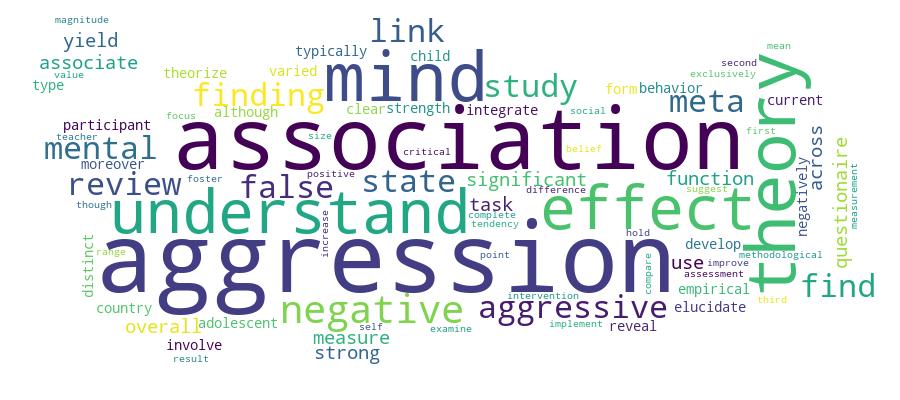Turunç Bayrakdar, Gamze
Loading...

Profile URL
Name Variants
Gamze Turunç Bayrakdar
T., Gamze
Turunc Bayrakdar,G.
Turunç Bayrakdar, G.
Turunc G.
Gamze, Turunc Bayrakdar
TURUNÇ BAYRAKDAR, GAMZE
Turunç Bayrakdar, GAMZE
Gamze TURUNÇ BAYRAKDAR
Turunç Bayrakdar,G.
Turunc Bayrakdar, Gamze
G. Turunç Bayrakdar
Turunç Bayrakdar, Gamze
GAMZE TURUNÇ BAYRAKDAR
T.,Gamze
Turunc Bayrakdar,Gamze
TURUNÇ BAYRAKDAR, Gamze
Turunc, Gamze
T., Gamze
Turunc Bayrakdar,G.
Turunç Bayrakdar, G.
Turunc G.
Gamze, Turunc Bayrakdar
TURUNÇ BAYRAKDAR, GAMZE
Turunç Bayrakdar, GAMZE
Gamze TURUNÇ BAYRAKDAR
Turunç Bayrakdar,G.
Turunc Bayrakdar, Gamze
G. Turunç Bayrakdar
Turunç Bayrakdar, Gamze
GAMZE TURUNÇ BAYRAKDAR
T.,Gamze
Turunc Bayrakdar,Gamze
TURUNÇ BAYRAKDAR, Gamze
Turunc, Gamze
Job Title
Dr. Öğr. Üyesi
Email Address
Main Affiliation
Psychology
Status
Current Staff
Website
ORCID ID
Scopus Author ID
Turkish CoHE Profile ID
Google Scholar ID
WoS Researcher ID
Sustainable Development Goals
SDG data is not available

Documents
7
Citations
46
h-index
3

This researcher does not have a WoS ID.

Scholarly Output
1
Articles
1
Views / Downloads
2/0
Supervised MSc Theses
0
Supervised PhD Theses
0
WoS Citation Count
1
Scopus Citation Count
3
WoS h-index
1
Scopus h-index
1
Patents
0
Projects
0
WoS Citations per Publication
1.00
Scopus Citations per Publication
3.00
Open Access Source
0
Supervised Theses
0
Google Analytics Visitor Traffic
| Journal | Count |
|---|---|
| Aggression and Violent Behavior | 1 |
Current Page: 1 / 1
Competency Cloud


